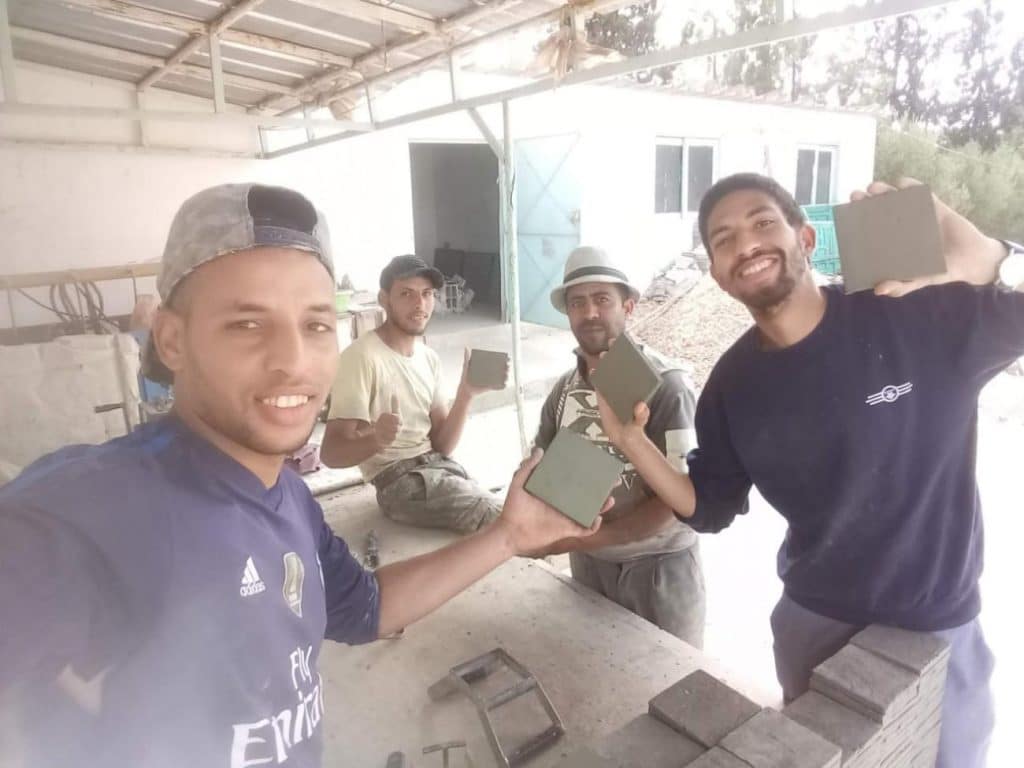Still little known to the Moroccan public and internationally, it will finally be through an article published on December 3rd, 2021 by the United Nations (UN) that Clayeco will be revealed. The start-up specializes in the collection, sorting and transformation of coffee grounds into bricks and decorative tiles and crafts. “The thermal insulation provided by the bricks limits the use of heating, a specificity that contributes to reducing greenhouse gas emissions,” explains Hamza Laalej, the founder of the start-up.
To achieve this result, Clayeco mixes clay with coffee grounds. A manufacturing formula that would use less clay unlike the conventional process. At the same time, this approach allows the preservation of clay quarries. This mineral is very much in demand in various fields, notably cosmetics where it is used to prepare shampoos, face creams, etc.
The search for funding
Since its launch in June 2021, the start-up has produced an average of 400 bricks. Clayeco wants to increase its production over the next few years. For the start-up’s managers, it will be necessary to cross the 100 tons of recycled coffee grounds per year mark. Clayeco works in partnership with a cooperative of artisans in the town of Khemisset, in northern Morocco. “Every two days, the Clayeco team goes around the city’s coffee shops to collect a good quantity of grounds,” says the UN.
Read Also – AFRICA: the circular economy at the heart of ecosystem preservation
Clayeco’s second challenge is to mobilize enough funding to expand its activities. Thus, the nugget has filed a file with the Central Guarantee Fund (CCG) of Morocco, which grants funds to projects born within incubators. According to Yabiladi, Clayeco needs 200,000 Moroccan dirhams (about 19,200 euros) to develop its activities in Morocco.
Coffee grounds, an unused resource
With its invention, Clayeco is finally redefining coffee grounds in the eyes of Moroccans, but not in the eyes of the world since its value has been recognized for several years in some countries. At least 20 million tons of these residues are produced each year on the planet. Not yet sufficiently valued, coffee grounds are however 100% recyclable and constitute a natural fertilizer for agriculture.
Coffee grounds can also be used to generate electricity, as is the case in England. The company Bio-bean transforms coffee grounds into biomass pellets to fuel boilers, as well as biofuel and biodiesel for buses, says Veolia.
Inès Magoum
